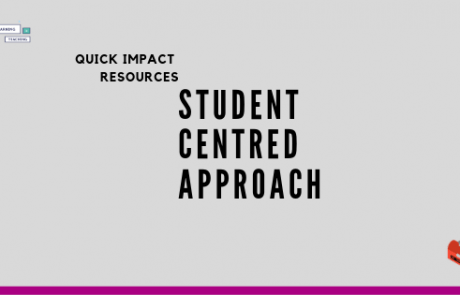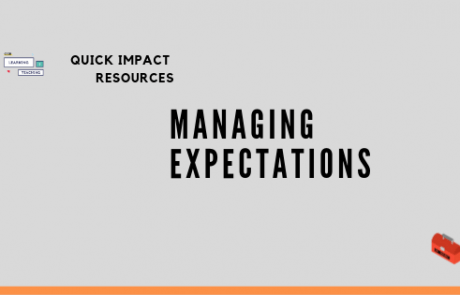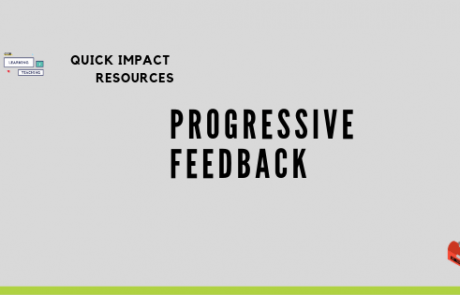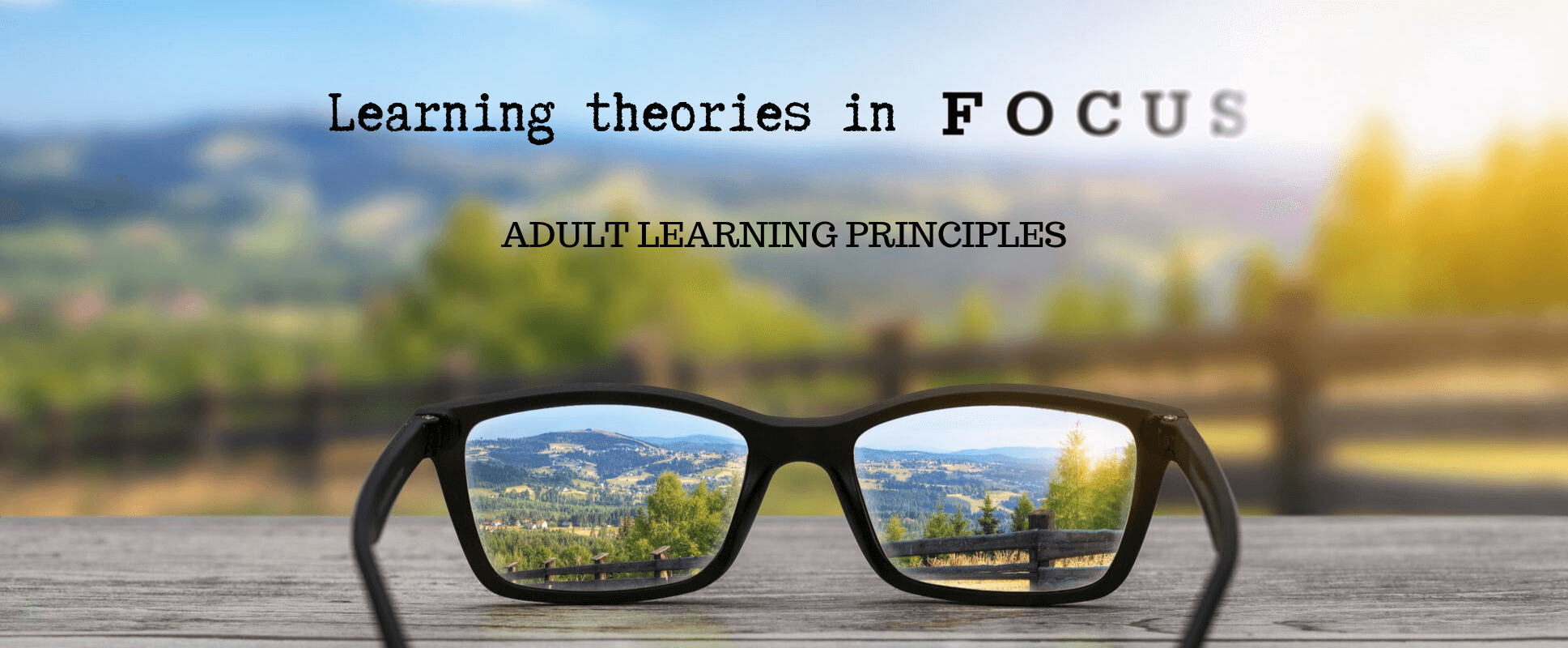
A s career academics, you probably know what works best in your classrooms. When it comes to promotion and awards; however, do you struggle to articulate the theory behind your practice? Or are you looking for new ways to enliven your teaching? This series of blogs will introduce you to some of the prominent theorists in the field of teaching and learning and provide some background to the pedagogical/andragogical approaches they subscribed to. While these posts will not be comprehensive biographies or deep analyses of theories, they will provide a taster that will hopefully whet your appetite for further exploration. The posts also contain resources that can guide the implementation of theory into practice.
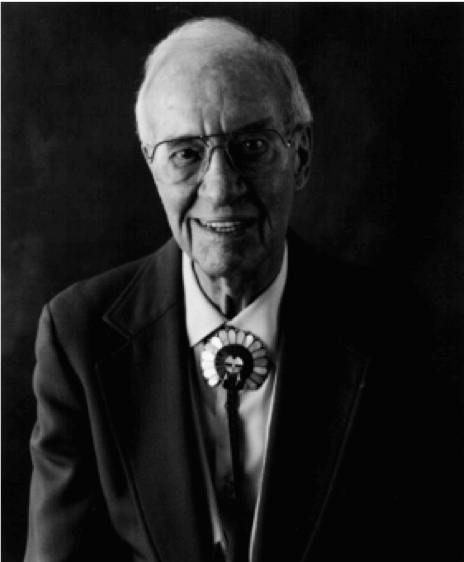
Image: Malcolm Knowles
Most educators will have heard of the term pedagogy: the science of teaching from the Greek paid, meaning ‘child’ and agogus meaning ‘leading’ (Knowles 1970). In the early 20th Century, deficiencies in the pedagogical model, when applied to adult learning, became apparent. The transmission-of-knowledge model of education that favoured “fact-laden lectures, assigned readings, drill, quizzes, rote memorizing, and examinations” (Knowles 1970, p. 40) was found to be unpopular with adult learners. The philosopher Alfred North Whitehead also proposed that the rapid pace of social change within the 20th Century meant that “training must prepare individuals to face a novelty of conditions” (Knowles 1970, p. 41). Malcolm Knowles recognised the need for lifelong learning and the importance of ‘learning how to learn’ (Knowles 1970, p. 41). He also saw that educators had begun to respond to the changes in society by experimenting with the way they taught. From this he developed six principles that inform andragogy (the science of teaching adults).
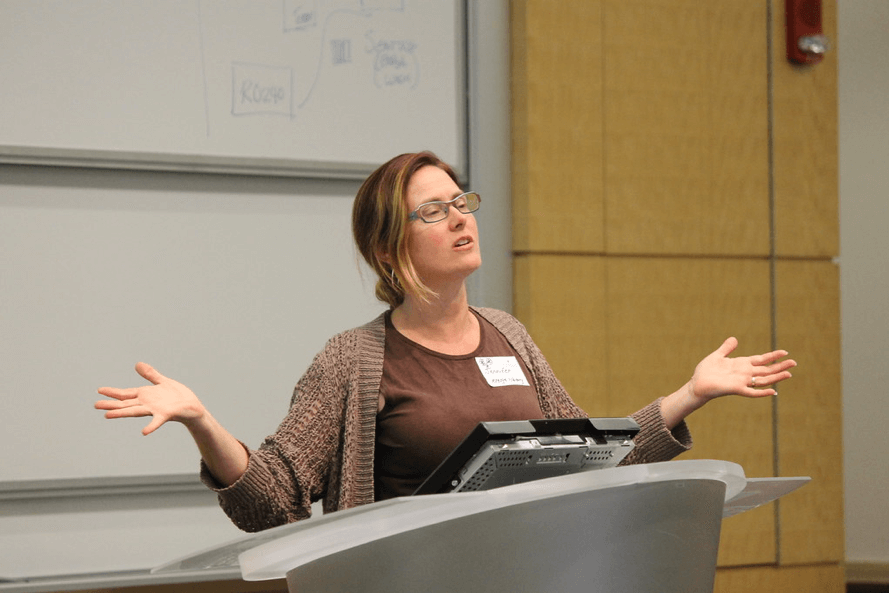
Image: Acquired skills and knowledge of immediate value appeal to the ‘need to know’ principle of adult education
Although Malcolm Knowles’ adult learning principles have been around for over 50 years, they are still relevant to the design and delivery of adult education today with a focus on problem-based and collaborative learning rather than didactic teacher-centred modes. Educators will work best in designing learning when they recognise that adults:
– Need to know why they are learning
– Learn by doing and by problem-solving
– Learn best when the topic is of immediate value.
This article on Andragogy: what is it and does it help thinking about adult learning? (Smith 2010) provides a critical examination of Knowles’ principles; read it to understand the strengths and weaknesses of Knowles’ approach to learning.
For more information on Malcolm Knowles, andragogy and his principles of adult learning, review the links in the references below.
References
Acquired skills and knowledge of immediate value appeal to the ‘need to know’ principle of adult education n.d. [image], “Michigan Academic Business Librarians Meeting (University of Michigan, August 15, 2014)” by cseeman is licensed under CC BY-NC-SA 2.0
California State University 2016, 6 tips for teaching based on principles of adult learning theory, viewed 22 August 2019, <http://fdc.fullerton.edu/teaching/FDC%20Quick%20Start%20Teaching%20with%20Principles%20of%20Adult%20Learning%20Theory.pdf>.
Conaway, W & Arnold, B 2015, The Keys to Online Learning for Adults: The Six Principles of Andragogy, viewed 22 August 2019, <https://www.researchgate.net/publication/299540188_The_Keys_to_Online_Learning_for_Adults_The_Six_Principles_of_Andragogy>.
InstructionalDesign.org n.d., Andragogy (Malcolm Knowles), viewed 22 August 2019, <https://www.instructionaldesign.org/theories/andragogy/>.
Iowa State University n.d., 14 Creative Ways to Engage Students, viewed 22 August 2019, <https://www.celt.iastate.edu/teaching/teaching-format/14-creative-ways-to-engage-students/>.
Knowles, M 1970, The Modern Practice of Adult Education: From Pedagogy to Andragogy, viewed 22 August 2019, <https://pdfs.semanticscholar.org/8948/296248bbf58415cbd21b36a3e4b37b9c08b1.pdf>.
Malcolm Knowles n.d. [image], viewed 22 August 2019, <http://roghiemstra.com/pvitamk.html>.
Rowe, T 2017, The #1 Way to Engage Adult Learners? Be Relevant, viewed 22 August 2019, <https://www.shiftelearning.com/blog/engage-adult-learners-be-relevant>.
Smith, M 2010, Andragogy: what is it and does it help thinking about adult learning?, viewed 22 August 2019, <http://infed.org/mobi/andragogy-what-is-it-and-does-it-help-thinking-about-adult-learning/>.
University of Waterloo n.d., Self-Directed Learning: A Four-Step Process, viewed 22August, <https://uwaterloo.ca/centre-for-teaching-excellence/teaching-resources/teaching-tips/tips-students/self-directed-learning/self-directed-learning-four-step-process>.






